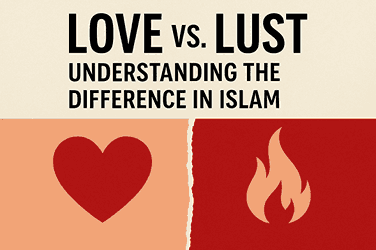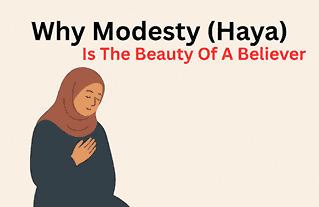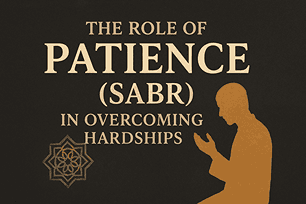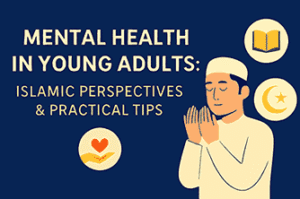Love vs. Lust: Understanding the Difference in Islam

Introduction
In today’s world, the lines between love and lust are often blurred. Many young Muslims, influenced by movies, social media, and peer culture, confuse temporary desires with genuine love. Islam provides clear guidance to distinguish between the two, ensuring that relationships are built on purity, sincerity, and long-term commitment rather than fleeting passions.
Defining Love in Islam

Love (Mahabbah) in Islam is a noble and sacred feeling. It is not limited to romance but extends to love for Allah, His Messenger ﷺ, one’s parents, and even fellow believers. The Prophet Muhammad ﷺ said:
“None of you will have faith till he loves me more than his father, his children, and all mankind.”
(Bukhari, Muslim)
When it comes to romantic love, Islam recognizes it as a natural emotion. However, it becomes valuable only when expressed through halal means, namely through Nikah (marriage). True love in Islam is based on respect, loyalty, compassion, and the desire for long-term companionship in this world and the Hereafter.
Understanding Lust in Islam

Lust (Shahwah) is the desire driven purely by physical attraction and passion. Unlike love, it does not aim for stability, responsibility, or spiritual growth. Lust often blinds people, pushing them towards haram relationships, zina (fornication), or emotional harm.
Allah warns in the Qur’an:
“Do not approach unlawful sexual intercourse. Indeed, it is ever an immorality and is evil as a way.”
(Qur’an 17:32)
Lust focuses only on the body and temporary pleasure, while ignoring the soul, morality, and accountability before Allah.
Key Differences Between Love and Lust in Islam
| Aspect | Love (Halal) | Lust (Haram) |
|---|---|---|
| Foundation | Built on respect, faith, and purity | Built on desire and physical attraction |
| Expression | Through Nikah (marriage) | Through secret, unlawful, or temporary bonds |
| Longevity | Lasts with commitment and loyalty | Fades when desire weakens |
| Impact | Brings tranquility, mercy, and blessings | Leads to regret, guilt, and sin |
| Spirituality | Connects partners closer to Allah | Distances one from Allah |
The Role of Haya (Modesty)

The Prophet ﷺ emphasized Haya (modesty) as a shield against lust. When modesty is preserved, lustful glances, conversations, and relationships are controlled. Islam advises lowering the gaze and avoiding unnecessary interaction between non-mahram men and women.
Allah says:
“Tell the believing men to lower their gaze and guard their private parts. That is purer for them. Indeed, Allah is Acquainted with what they do.”
(Qur’an 24:30)
How to Avoid Confusing Love with Lust
Check Intentions: Do you want this person only for physical attraction, or for building a halal family?
Seek Allah’s Guidance: Pray Istikhara before making major decisions.
Set Boundaries: Avoid unnecessary chatting, meeting, or secret communication with non-mahram individuals.
Choose Marriage: If feelings are genuine, pursue Nikah instead of prolonging haram relationships.
Focus on Akhirah: Real love desires to see one’s partner succeed both in dunya and in the Hereafter.
Conclusion
Islam does not deny human emotions but channels them in the right direction. Love is a beautiful gift from Allah when nurtured within the framework of marriage, while lust is a destructive force that leads to sin and heartbreak. By understanding the difference between love and lust, Muslims can protect their faith, their hearts, and their future.
True love is not just about passion—it is about commitment, purity, and the desire to please Allah together.













Post Comment